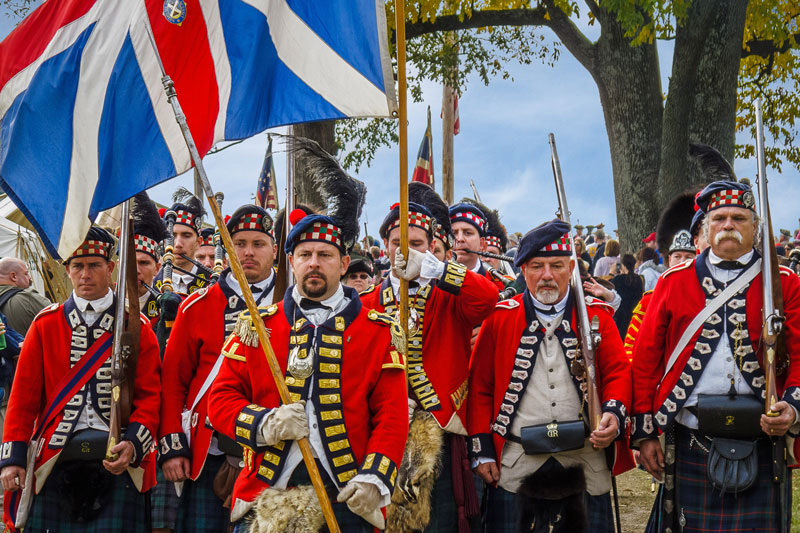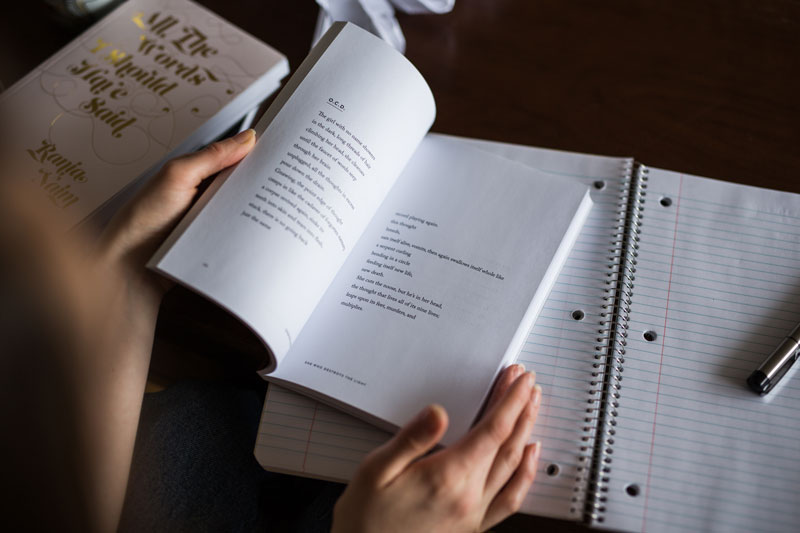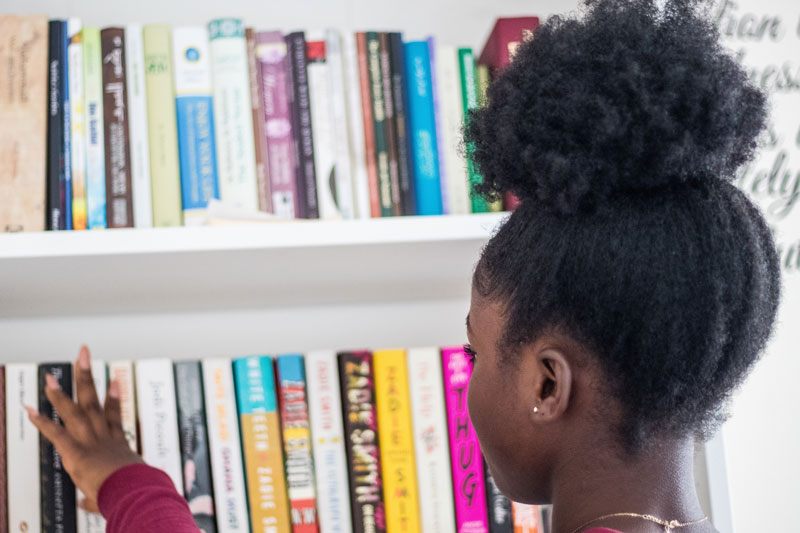
Thriller Writing
If you are dedicated, determined and love this exciting genre, the course will show you how to understand…
Learn more…| No. of lessons: | 12 |
| No. of exercises: | 30 |
| Average duration: | 9-15 months |
| Fee paid in full | £365.00 |
| Fee paid in instalments | |
| Deposit: | £100.00 |
| Monthly payment: | £70.00 |
| Number of payments: | 4 |
| Total fees: | £380.00 |
| Optional Tutorials: | £200.00 |
Receive a graded Diploma upon successful completion
Work with experienced journalists during your course
Work at your own pace and start at a time that suits you
This 12-lesson course is designed to give a basic understanding of how to create web content as well as in-depth training in the art of being a freelance supplier to the web.
The course begins with a basic introduction to the web and then deals with the basics of freelance writing - not just with a web-centric viewpoint. Some law knowledge follows and then finally the specific and separate functions of the internet based freelance writer are covered with specific reference to how best to use social media.
Each lesson has assignments and there are also three ‘live’ tutorials along the way.
Video Tutorials with the course tutor are an optional add-on for this course. Please ensure you are familiar with video conferencing software before you enrol. Simply select the course with (with optional video tutorials) option when enrolling if you would like to utilise this feature.
This lesson offers an overview of the worldwide web and considers how journalism is adapting to its rapidly-changing demands. It looks at how the internet developed and how writers need to adapt to web-based writing and editing techniques. It also considers what is meant by a variety of technical and journalistic terms.
Assessment tasks include: submitting a 200-word personal statement; giving details about you’re your preparedness for a journalism course, including the publications you read; choosing an information website for a brief ‘character study’.
This lesson examines how changes in media technology tend to affect its content, and therefore why web-based publications might differ from print-based ones. It also focuses on how publications make a profit (or don’t) in the internet age (including the paywall debate) and it looks specifically at how web-based journalism has taken up the challenge of adapting investigative reporting.
Assessment tasks include: writing a 500-word blog focussing on an example of a successful investigative journalistic investigation, plus a bullet-point box that highlights five key points relating to the blog.
This lesson examines how people read and navigate online content, how to write in a web-friendly way and how best to organise your web content. It also looks at the ‘inverted pyramid’ form used for news reports, press releases and other shorter web-based content.
Assessment tasks include: writing a short (250-word) report in the inverted pyramid form on a story from everyday life that strikes your fancy, and including bullet-points relating to the content (or adding extra bits) to accompany the story.
This lesson examines what makes journalism distinct from other forms of writing. It also looks at freelance journalism and how to get your ideas accepted by editors, and how to write and present them. It also touches on common errors of grammar and punctuation and at what is meant by house style.
Assessment tasks include: editing and re-writing the raw material for a news story, transforming it into a sharply-written report. You will also identify an online market that you are interested in writing for, and come up with one or more ideas for this publication.
This lesson develops on lesson 4 by focusing on finding markets for your writing, coming up with saleable ideas and understanding the specific requirements of various areas of journalistic specialisation.
Assessment tasks include: a choice between writing two 300-word book, film, television or music reviews, or one 600-word travel feature, or a 600-word profile feature based on a face-to-face interview.
This lesson explores the risks and rewards of writing for the web, looking also at the demands of online readers, at online story forms, and how to conduct research that meets these demands, and also how to submit your story ideas in appropriate formats.
Assessment tasks include: doing market research on three websites that might provide outlets for your writing, and then composing a pitching email to one of them.
This lesson examines the legal rights, restrictions and pitfalls facing journalists. It considers what is a free press and at journalist codes of conduct and at the Freedom of Information Act. It looks at aspects of English media law (libel, contempt of court, juveniles and the law, sex offences, copyright, the Official Secrets Act, privacy law and internet-related media law).
Assessment tasks include: 6 questions, setting out scenarios relating to some of these aspects of media law.
This lesson examines the scope and range of what is sometimes called ‘citizen journalism’, at the possible advantages of having one’s own website, and also at blogs, vlogs and podcasts.
Assessment tasks include: writing a 5-600-word blog or producing a 15-20-minute podcast or a 5-10-minute blog.
This lesson focuses on social media and how to make the best use of it as a journalist. It looks at the range of the most popular social media platforms and also touches on some of the more extremist ones. Then it looks at Google and Wikipedia and also at the advent of AI and how journalists might use ChatGPT and other AI language model-based platforms.
Assessment tasks include: describing in 300-words your current social media and website presence and discussing (also in 300-words) how you might expand this.
This lesson considers the role of the online subeditor, how that differs from subs working exclusively in print, and begins to look at aspects of online design (including choice of typography, how pictures are used)
Assessment tasks include: rewriting five NIBs (News in Brief shorts) that have spelling and other errors and the writing a two-deck (two line) headline for one of them.
This lesson develops on lesson 10 by examining the detail of the design and layout of media websites, and also considers some of the differences between the priorities of print and online layout.
Assessment tasks include: choosing a news-related website that you think has an attractive, easy-to-navigate design and one that you think is poorly designed.
This lesson examines how to build a writing portfolio as a freelance journalist and also considers some of the legal pitfalls (elaborating on lesson 7) involved in writing for the web.
Assessment tasks include: drawing up an action plant setting out your targets for the next 12-moths, and also providing a short assessment of what you have learnt from the course.

If you are dedicated, determined and love this exciting genre, the course will show you how to understand…
Learn more…
The ability to communicate effectively is a priority for anyone wishing to succeed in business. …
Learn more…
If you have an understanding of English History from Roman Britain to the European Union you will…
Learn more…
The great advantage of freelance writing is that it can be done either in conjunction with another…
Learn more…
The great advantage of freelance writing is that it can be done either in conjunction with another…
Learn more…
The great advantage of freelance writing is that it can be done either in conjunction with another…
Learn more…
The great advantage of freelance writing is that it can be done either in conjunction with another…
Learn more…
This course was written specially to help those who want to write straightforward, correct English…
Learn more…
This course will train you in a whole range of skills, all of which are required for a successful…
Learn more…
This course takes the form of 12 lessons which incorporate reading, writing and revision assignments…
Learn more…
This 12-lesson course is designed to give a basic understanding of how to create web content as …
Learn more…
A good novelist offers the reader a story in which events and actions have logical but unpredictable…
Learn more…
Poetry has enjoyed a revival in the last five years, with more people writing and reading it than…
Learn more…
What is a romantic novel? It’s usually a story in which boy meets girl, boy loses girl, then …
Learn more…
Although writers attract the plaudits (and brickbats) of the literary world, those who work on the…
Learn more…
Whether a short story is meaningful and gritty or light entertainment, a good one is a work of art…
Learn more…
Most people have fond memories of books that they read as a child, stories that made them laugh, …
Learn more…